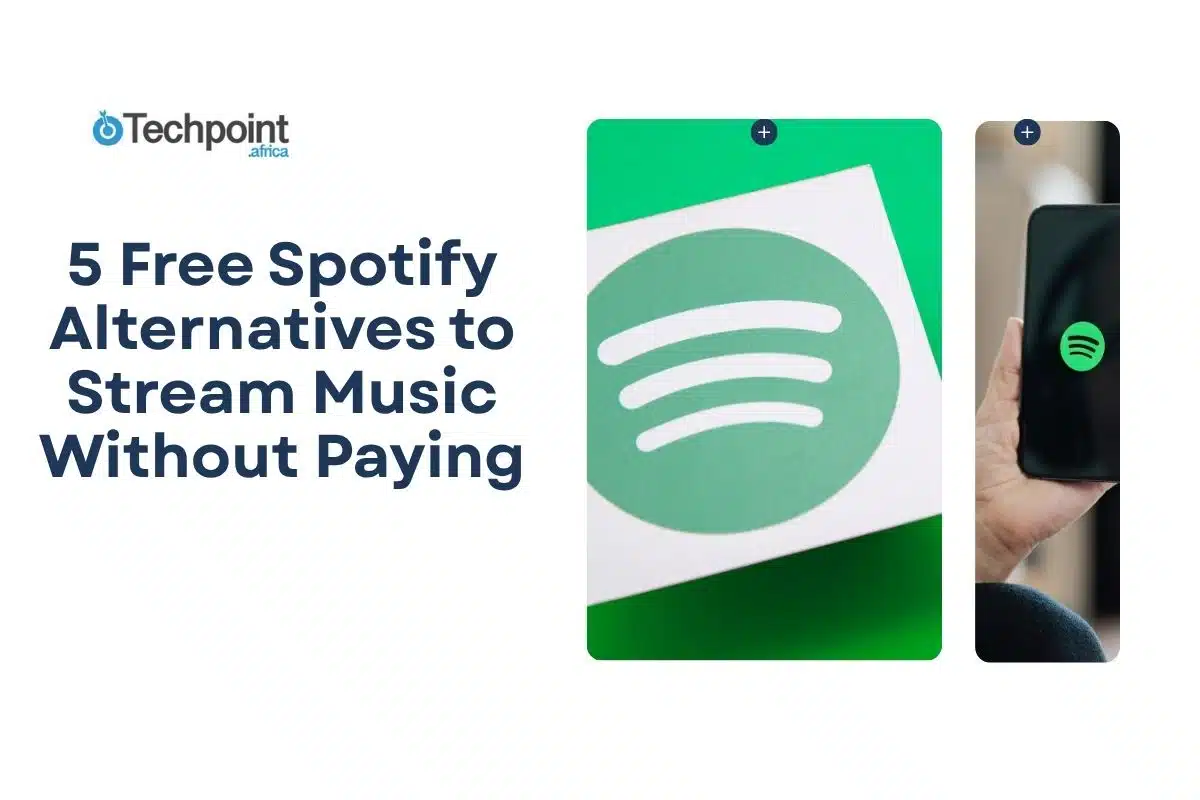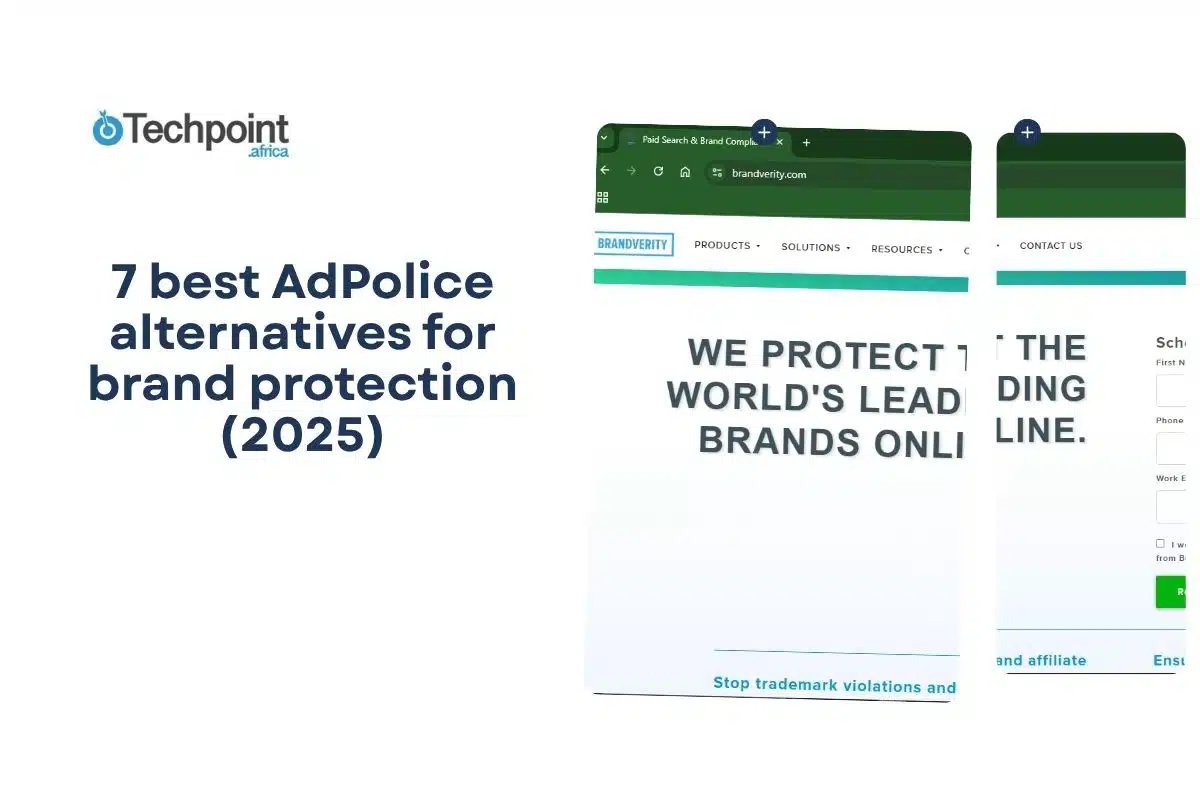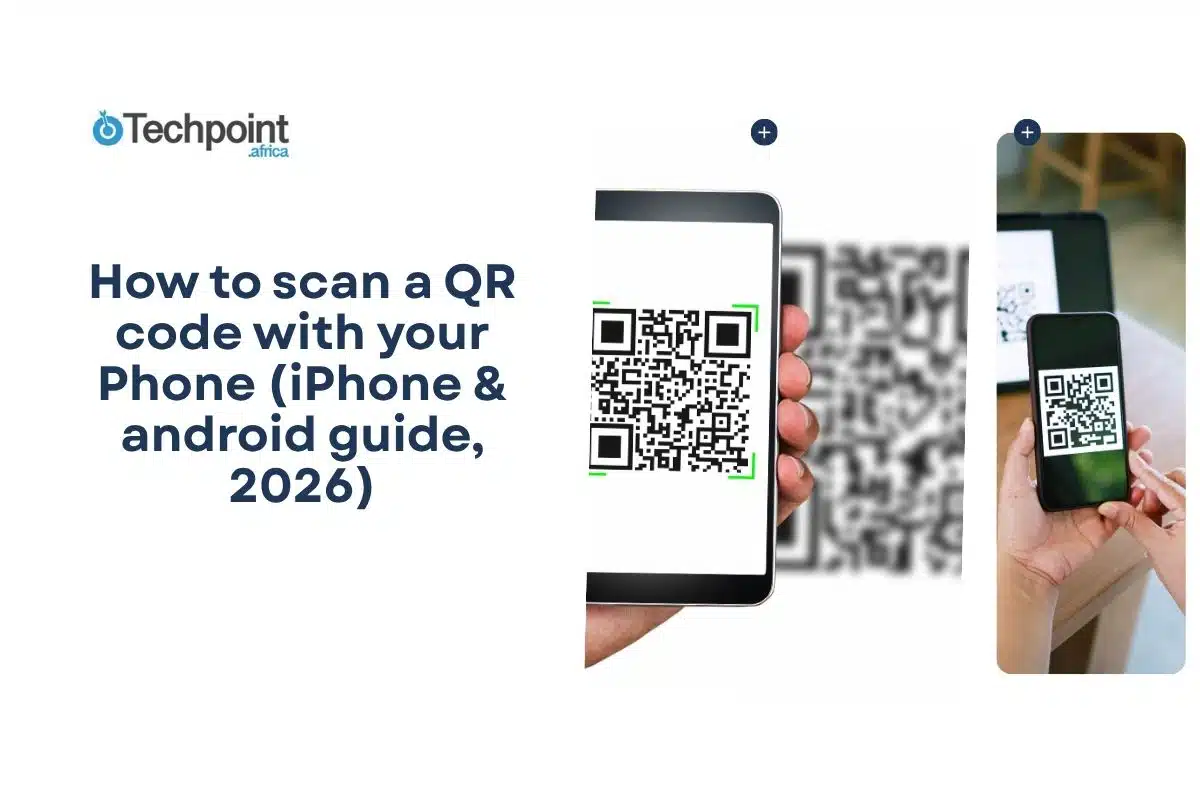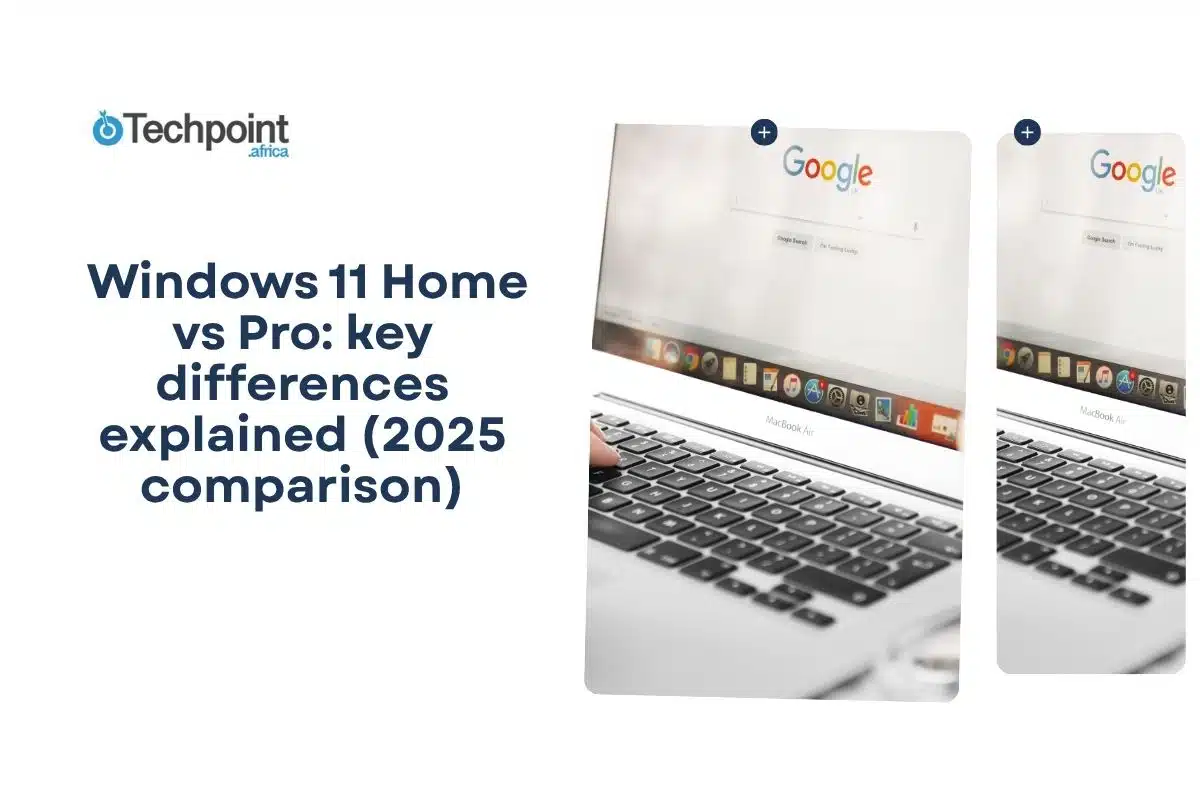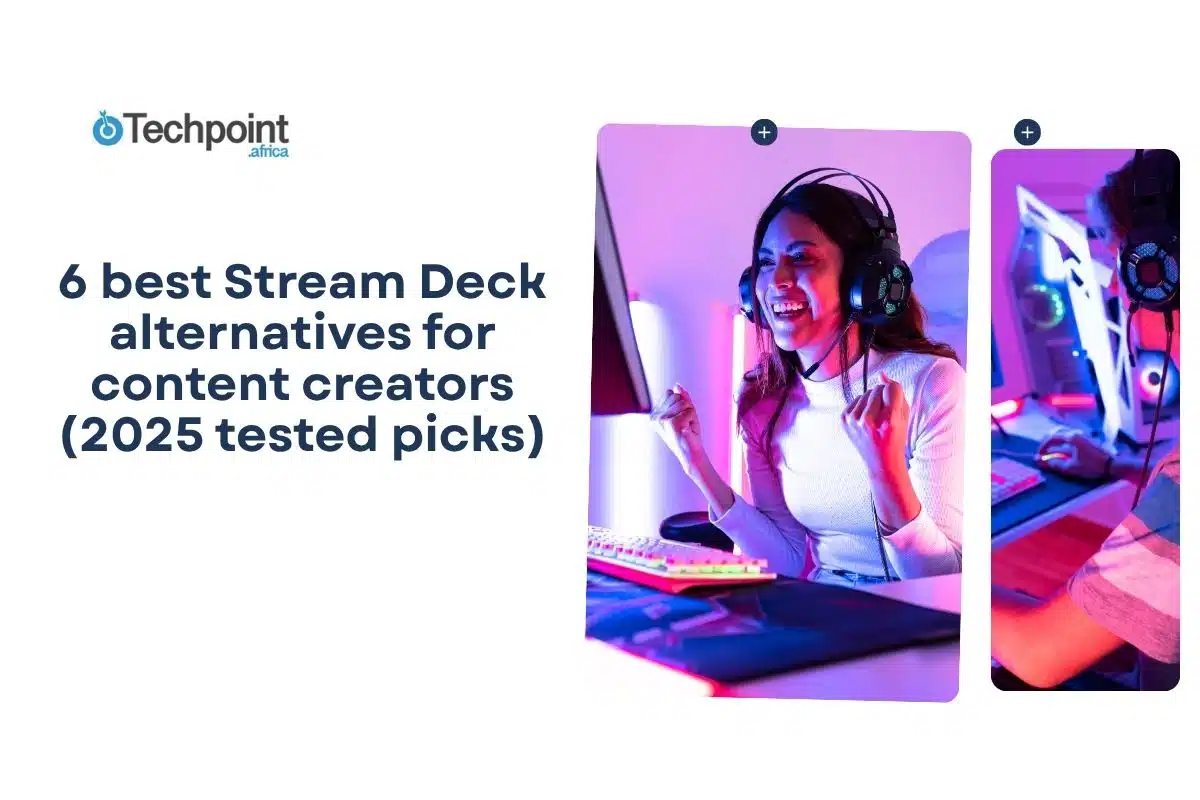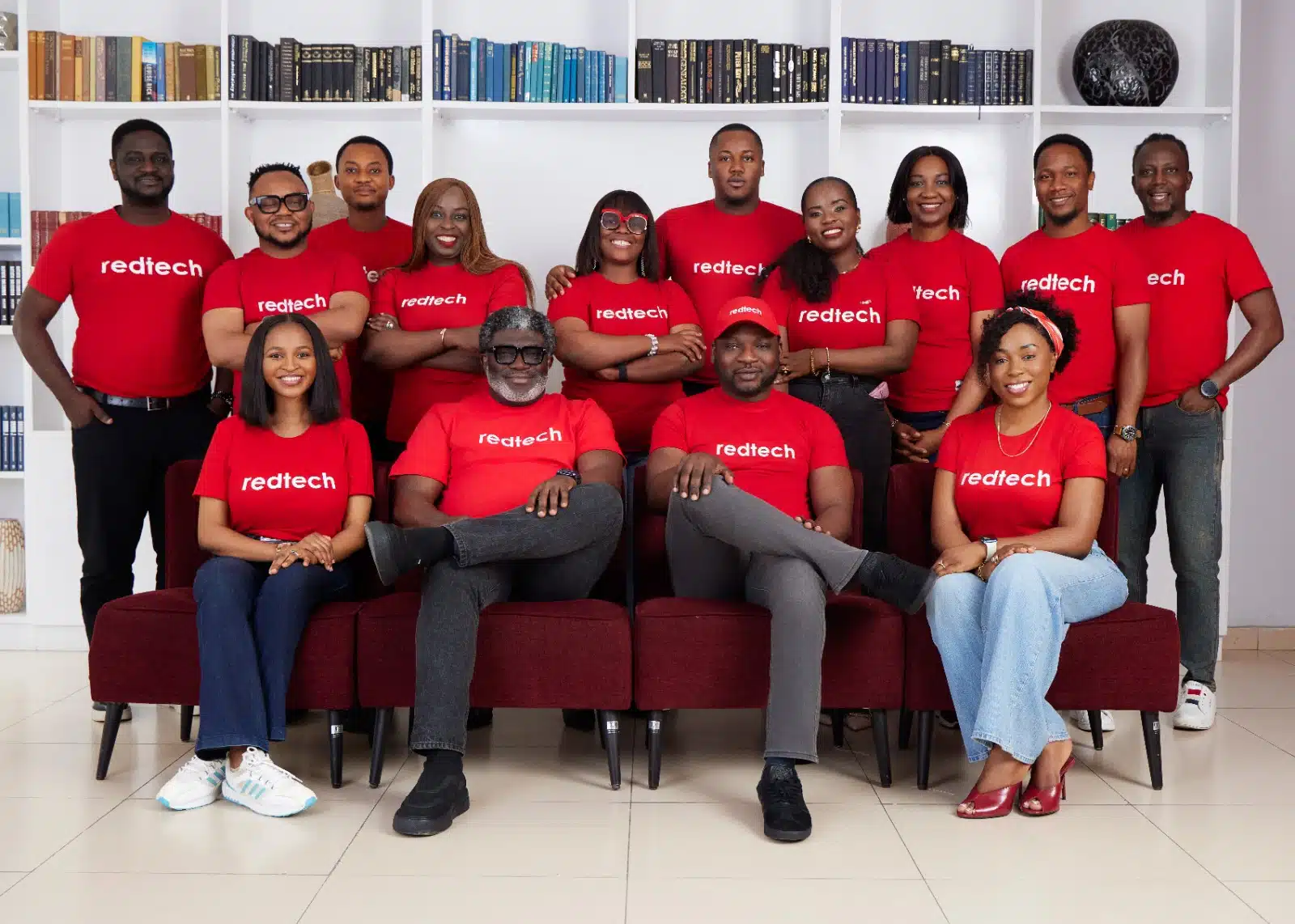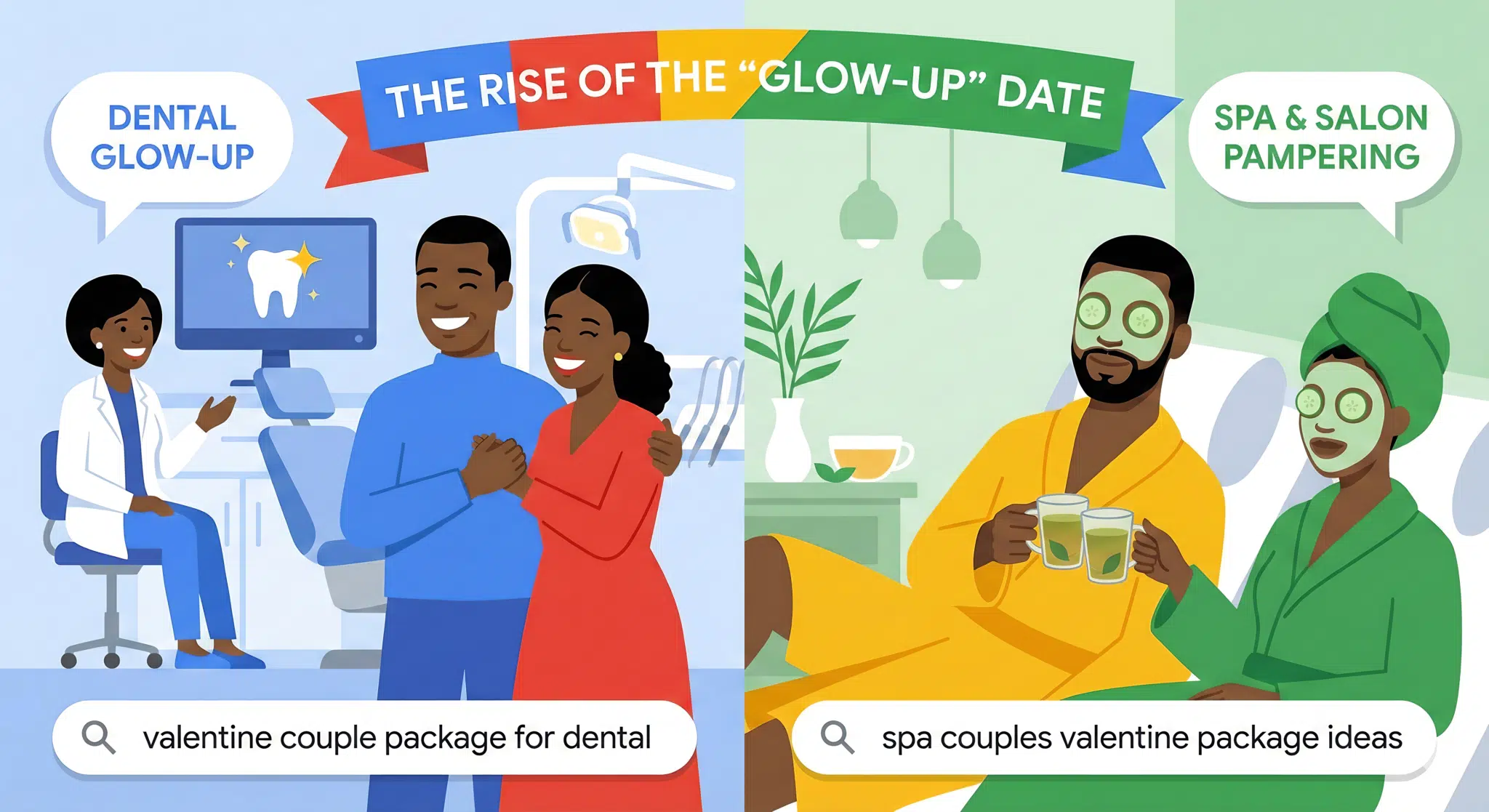It started with one song. I was looking for a specific track, some old, lesser-known tune I hadn’t heard in years, but Spotify didn’t have it. I tried searching for a few more just to be sure, and again, nothing.
That’s when I realized I’d never actually explored other music apps. Spotify had always been my go-to, and I just assumed it had everything. But clearly, that wasn’t the case. So, I decided to look for Spotify alternatives—free ones, of course.
I tested a handful over the past few days, just to see what they were like. Some were clunky, but a few were solid. If you’re looking to mix things up without paying a cent, here are five free music apps that might just earn a spot on your phone.
Spotify
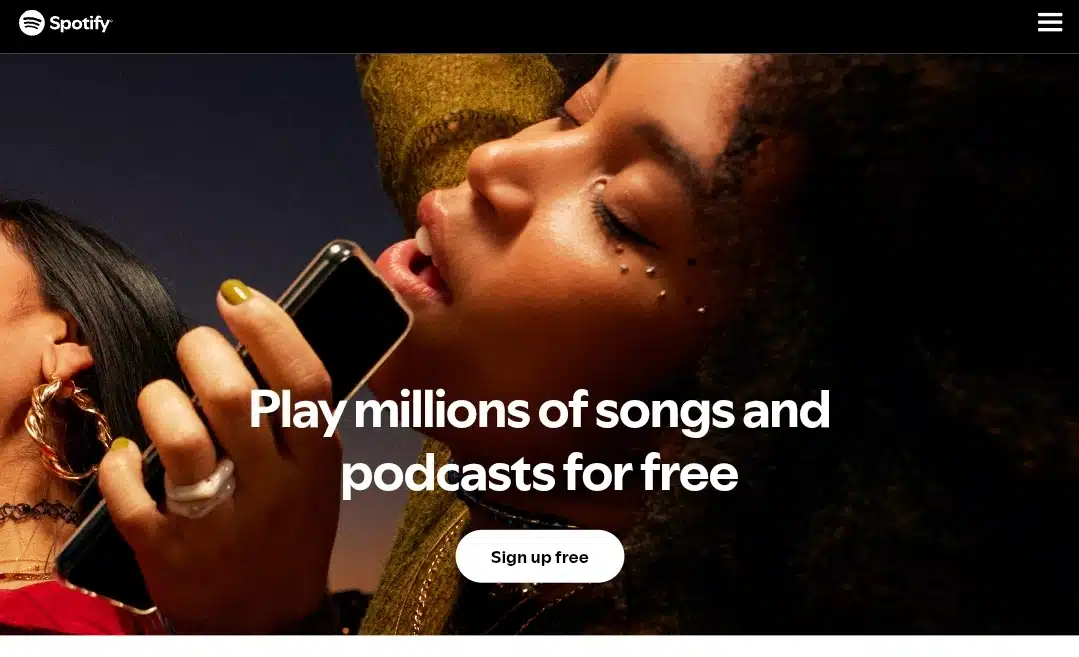
Spotify is one of the biggest music streaming platforms in the world, offering access to over 100 million songs and 5 million podcasts. It’s available in more than 180 countries and supports almost every device—phones, laptops, tablets, smart TVs, even gaming consoles.
What makes Spotify stand out is its focus on personalization. From curated playlists like Discover Weekly to daily mixes and mood-based playlists, it tries to match your music taste automatically. It also supports collaborative playlists, podcast streaming, offline listening (for Premium users), and more.
That said, Spotify isn’t perfect. Some songs and albums aren’t available due to licensing restrictions. And if you’re on the free plan, the ads and playback limitations can get frustrating fast.
Key features of spotify
Free Plan:
- Access to Spotify’s full library (with limitations)
- Shuffle play on mobile (on most playlists)
- Six skips per hour
- Ads every few songs
- Lower audio quality (up to 160 kbps)
- No offline downloads
Premium Plan:
- Ad-free listening
- Unlimited skips
- On-demand playback (play any song you want)
- Download songs for offline use
- Higher audio quality (up to 320 kbps)
- Cross-device syncing
You can also create and share playlists, follow your favorite artists, and get personalized recommendations based on your listening habits.
Spotify pricing
Here’s how much Spotify Premium costs (monthly rates):
- Individual – $9.99
- Duo – $12.99 (for two people living at the same address)
- Family – $15.99 (up to six accounts, also at the same address)
- Student – $4.99 (with verification)
There’s also a free plan that doesn’t require any payment, but it comes with ads, limited skips, and restricted playback on mobile devices.
5 best free spotify alternatives
Once I decided to step outside the Spotify bubble, I focused on one thing: finding music apps that wouldn’t cost me anything. No hidden trial periods, no forced upgrades, Justin genuinely free platforms I could use without pulling out my card.
I tested a mix of well-known and lesser-known apps. Some leaned more toward indie music, others had mainstream catalogs. A few even offered features that Spotify keeps locked behind its Premium wall.
Here are the five free Spotify alternatives that actually held their own:
1. Deezer
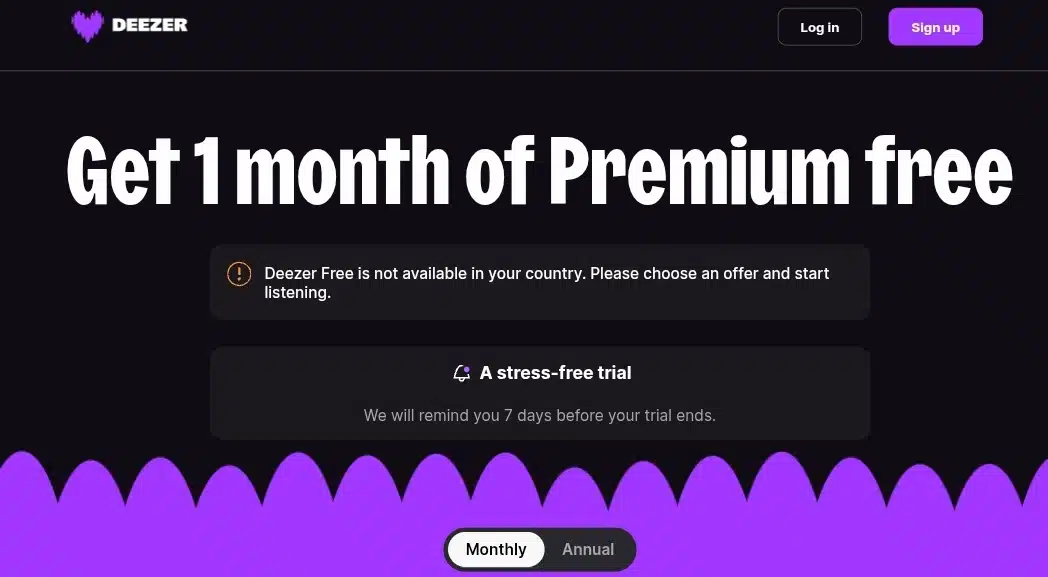
Deezer is a full-scale music streaming service that offers access to over 90 million tracks, along with thousands of podcasts and radio stations. Launched in 2007, it’s one of the longest-standing platforms in the industry and is available in over 180 countries. Its global reach and diverse catalog make it a strong contender alongside Spotify, Apple Music, and YouTube Music.
Deezer has a feature called Flow, an AI-powered mix that creates a continuous stream of personalized music based on your listening habits. The platform also offers curated playlists by editors, mood-based stations, and genre hubs, making it easy to explore new music.
In addition to music, Deezer supports podcasts, lyrics integration, and compatibility with a wide range of devices, including smartphones, tablets, desktops, smart TVs, and wearables. While some premium features are locked behind a paywall, its free plan still provides a well-rounded music experience with a clean interface and solid discovery tools.
Free plan features
Here’s what I got without paying:
- Access to Deezer’s full music catalog (but playback is limited to shuffle on mobile).
- Six skips per hour, which can be frustrating if you’re trying to get to a specific song.
- Lower audio quality (standard is 128 kbps on desktop and even less on mobile).
- Occasional ads, mostly short and not too intrusive.
- Personalized mixes through “Flow” and mood-based playlists.
It’s not ad-free, and you don’t get full control over what to play—especially on the mobile app. But for casual listening or background music, it does the job.
Pricing
If you ever want to upgrade, Deezer has a few Premium plans. In the U.S., the Individual plan costs $10.99/month and gives you ad-free listening, offline downloads, unlimited skips, and high-quality audio at 320 kbps.
There’s also a Student plan for $5.99/month, a Duo plan at $14.99/month for two people, and a Family plan at $19.99/month for up to six accounts. For audiophiles, there’s HiFi mode with FLAC lossless streaming included in most Premium tiers now.
If you’re outside the U.S., pricing may be much cheaper. For example, in Nigeria, Premium goes for around ₦1300/month, which is way more affordable.
2. YouTube music
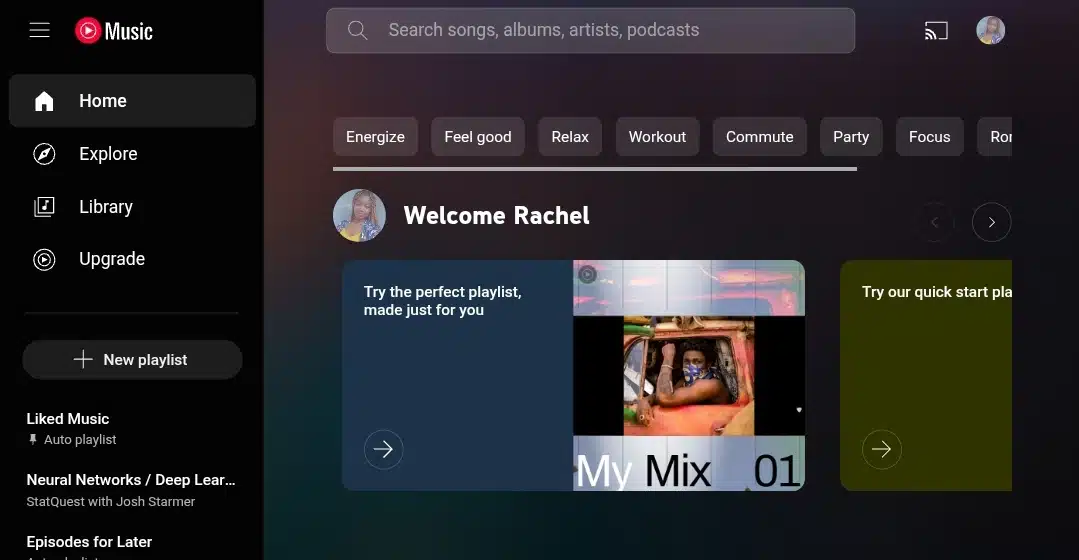
YouTube Music is Google’s official music streaming service launched in late 2015, available in over 119 countries with 125 million paid subscribers as of early 2025. It stands out by combining official tracks, music videos, live performances, remixes, and covers from YouTube’s massive video library. It goes beyond standard streaming by offering multiple versions of songs—official, user-uploaded, instrumental, and more. The platform is powered by Google’s search and recommendation engine, which dynamically serves playlists based on your taste, location, and activity.
It integrates with both video and audio playback, so you can switch seamlessly between the two formats. It also supports smart discovery tools: search by lyrics or emojis, and get music playlists tailored to your location (like workout tracks at the gym or chill tunes at home).
Free plan features
On the free tier, you get:
- Access to the full YouTube Music catalog, including songs, albums, and playlists—ad-supported.
- Official tracks and user-uploaded content, including live performances and remixes.
- Personalized recommendations, smart search (by lyrics or emojis), and location-aware playlists.
- Ability to create and share your own playlists.
- Lyrics support for many tracks.
However, it comes with some constraints: background playback is blocked, you can’t download music for offline use, and there are ads interrupting playback. Audio quality is limited (up to 128 kbps AE‑AAC or Opus).
Premium plans & pricing
Here’s the breakdown of the paid plans (U.S. pricing):
- YouTube Music Premium – $10.99/month or $109.99/year. Includes ad-free playback, background audio, downloads, and on-demand skipping.
- Student Plan – $5.49/month with verification.
- Family Plan – $16.99/month, covers up to 5 family members.
You could also opt for full YouTube Premium (video + music) at $13.99/month for individuals or $22.99/month for family.
For free users, the tradeoff is ads, no background play, and limited control. But if you frequently hit “that version” of a song or love live/studio splits, YouTube Music can be a goldmine.
3. SoundCloud
SoundCloud launched in 2007 and has grown into a global audio-sharing powerhouse with over 120 million tracks available, spanning major label content, emerging artists, DJ sets, podcasts, and even field recordings. It’s especially known for its role in helping independent creators—like Billie Eilish, Doja Cat, and Shaboozey—share early work and grow a fanbase.
Unlike mainstream platforms, SoundCloud showcases exclusive, user-uploaded content you won’t find elsewhere. Its discovery tools are social-centric: you can like, repost, comment, follow emerging artists, and see real-time stats for each upload
Free-plan features
Here’s what you get without paying:
- Access to 120+ million tracks, including remixes, live performances, demos, and originals.
- Standard audio quality with occasional ads in between streams.
- Create playlists and follow creators—standard music-sharing functionality.
- Social interactivity: comment on tracks, repost them, and see who’s listening.
- Creator support: free users can upload up to 3 hours of audio with basic analytics.
Pricing & paid features
- SoundCloud Go – $4.99/month: Gets you ad-free listening, offline playback, and access to most of the catalog.
- SoundCloud Go+ – $9.99/month: Includes everything in Go, plus high‑quality audio and the entire catalog (about 150M tracks).
For creators, options include:
- Next (formerly Basic) – Free: Upload up to 3 hours, basic stats.
- Next Plus – ~$2.50/month: Unlimited uploads, deeper stats, distribution to other streaming platforms.
- Next Pro (formerly Pro Unlimited) – ~$9.99–$12.99/month (depending on billing): Unlimited creation, advanced analytics, revenue options, track management, and partner perks like mastering credits and distribution tools.
You can also purchase Go+ add-on if you’re a creator—some Reddit users report that creator plans include it, but others say you may still need Go separately for ad-free listening.
4. Audius
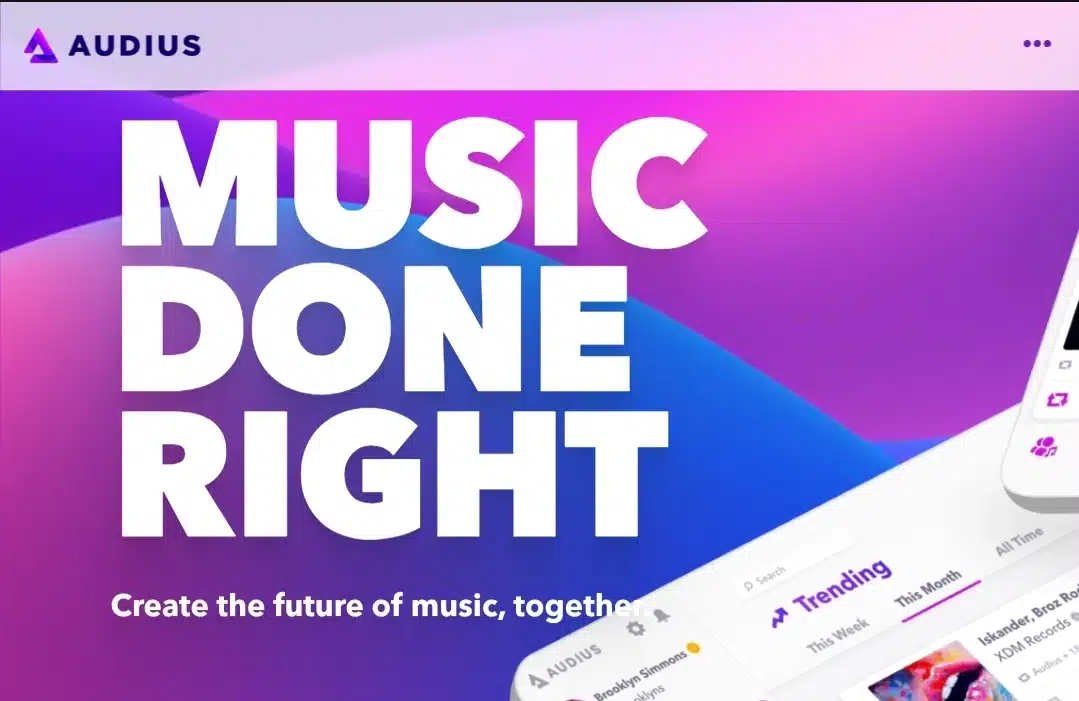
Audius is a decentralized, blockchain-powered music streaming platform launched in 2019. Unlike traditional services, it operates on the Solana and Ethereum networks, putting control directly in the hands of artists and fans. It’s built to remove middlemen—artists can upload unlimited tracks, share, and monetize through $AUDIO tokens or direct sales. As of early 2025, Audius boasts around 7 million monthly listeners and over 1 million tracks, with support from artists like Skrillex and Linkin Park.
Audius emphasizes transparency, community-driven governance, and fairly distributed revenue. Artists keep up to 90% of their earnings when selling music, while token holders vote on platform updates. High-quality streaming (up to 320 kbps) comes free to all users.
Free plan features
As a listener, here’s what you get at no cost:
- Unlimited streaming of over a million tracks in high-quality audio (320 kbps).
- Access to exclusive DJ sets, demos, remixes, and indie releases not found on Spotify.
- Community engagement: follow artists, repost tracks, leave comments, earn $AUDIO tokens through activity.
- No ads, with the option to tip artists or purchase premium content directly.
- Token-based perks: as you earn and stake $AUDIO, you unlock VIP features—custom badges, themes, early tool access.
Pricing & monetization
Audius has no subscription fees—it’s free for anyone to listen, upload, and support creators.
- Artists can sell tracks or albums directly, setting their own price points. Audius takes a 10% fee, and creators keep 90%.
- Tipping via $AUDIO tokens goes entirely to the artist.
- Governance: Stake AUDIO to vote on platform changes or earn perks.
- No paid tiers for listeners—everything is free, transparent, and community-forward.
Heads-up: it’s still a smaller platform in terms of userbase. Some users report occasional performance issues, and monetization beyond token rewards can feel slow or niche.
5. Jamendo
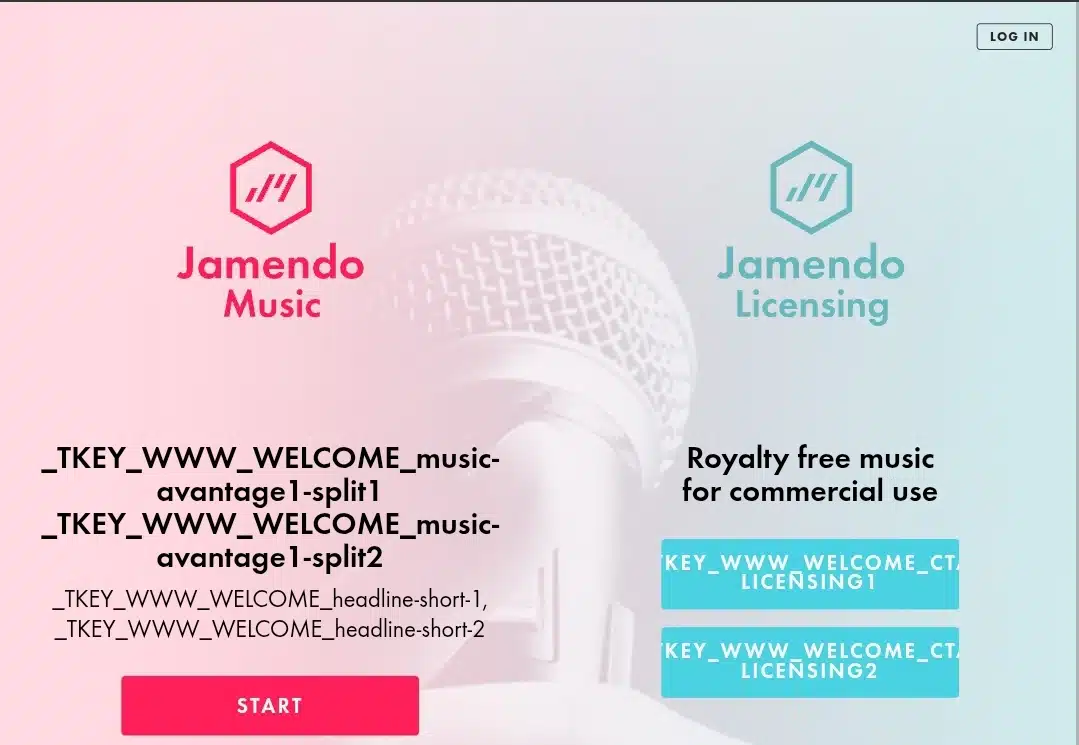
Jamendo is a Luxembourg-based music streaming and download platform that launched in 2005. It specializes in independent music under Creative Commons licenses, focusing on giving exposure to lesser-known artists and serving listeners who want free, legal, and diverse music, from instrumental to experimental tracks. Unlike typical streaming services, Jamendo provides ad-free, unlimited streaming and downloads. It’s designed for personal enjoyment and creative freedom .
Currently, Jamendo hosts over 500,000 tracks uploaded by around 40,000 artists worldwide, spanning genres from folk, jazz, ambient, to electronic and experimental.
Free-plan features
With no subscription or hidden fees, Jamendo offers:
- Unlimited streaming and downloads in MP3 (96 kbps streaming, 192 kbps downloads).
- Creative Commons licenses, meaning you can legally use much of the music for non-commercial purposes with proper attribution.
- Playlist creation, favorites, artist following, and community reviews—Jamendo is as social as indie music gets.
- Genre-based radio and editorial discovery, with tags and curated playlists to explore lesser-known styles
- No ads or forced paywalls—everything mentioned is available right away.
It’s a straightforward, no-frills experience that’s built for listeners who want all-you-can-eat indie content.
Pricing & licensing options
Listeners: Jamendo Music is 100% free for personal listening and downloading.
For creators and businesses: Jamendo offers Jamendo Licensing, a commercial music licensing service:
- Standard license: €29 (excl. tax) for single-use sync in one project.
- Subscription options (online projects):
- Personal: €7.99/month or €79/year
- Professional: €14.99/month or €149/year
- Agency: €29.99/month or €249/year
- Custom enterprise plans are available
These plans cater to businesses, YouTubers, podcasters, and filmmakers needing royalty-free music legally cleared for commercial use.
Heads-up: The catalog lacks mainstream hits. The interface is simpler than big-name apps, but for those seeking creativity over chart-toppers, it’s a goldmine.
Best free Spotify alternatives at a glance
After spending time with each app, here’s how they compare in terms of what you can get for free:
| Platform | Music Catalog Size | Ads | Offline Listening | Skip Limitations | Audio Quality (Free) | Standout features |
| Deezer | ~90 million | Yes | No | 6 skips/hour | Up to 128 kbps | “Flow” AI for personalized mixes |
| YouTube Music | Vast (includes remixes) | Yes | No | No skip limit | ~128 kbps | Video+audio content from YouTube itself |
| SoundCloud | 120+ million (user-driven) | Yes | No | No skip limit | Standard MP3 (~128–160 kbps) | Indie remixes, DJ sets, direct artist uploads |
| Audius | ~1 million+ (indie-focused) | No | No(but cacheable) | No skip limit | 320 kbps | Decentralized, no ads, crypto rewards |
| Jamendo | 500,000+ (indie only) | No | Yes (downloads) | No skip limit | 192 kbps (downloads) | 100% free, Creative Commons music |
My takeaway
- If you want something close to Spotify in structure, Deezer feels most familiar.
- For access to rare versions and live tracks, YouTube Music wins.
- Into emerging artists and want to support grassroots talent? SoundCloud and Audius are great.
- If you want ad-free streaming and downloading without spending a dime, Jamendo is a hidden gem.
Final thoughts
Before this little experiment, I didn’t think I could live without Spotify. But testing these five apps opened up a whole new side of music streaming I’d never bothered to explore. Each one had something unique, whether it was SoundCloud’s underground scene, Audius’ artist-first model, or Jamendo’s completely ad-free experience.
If you’re on a budget or just want to try something different, these free Spotify alternatives are absolutely worth a shot. You might not find every Top 40 hit on all of them, but you will find new sounds, fresh artists, and features you didn’t know you needed.
So, would I stop using Spotify? No, but I’ll keep exploring other music apps.
Have you used any of these apps or know a free music app that deserves a spot on this list? I’d love to hear your thoughts. Drop a comment and let me know what your go-to free music platform is.
Explore our free apps reviews:
| Best Free VPNs for Africans | Free Dropbox alternatives |
| Best Free AI humanizer | 5 Free habit trackers |
| Best Free & legal sites to watch TV series | Free AI apps for students productivity |

